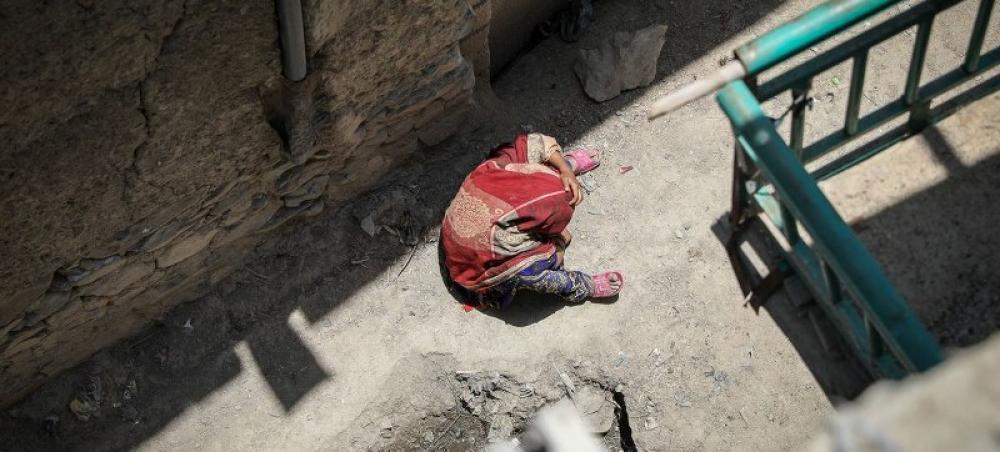Just Earth News | @justearthnews | 11 Oct 2020, 09:17 am Print
 UK
UK Image credit : Unsplash
London/Xinhua: Another 15,166 people in Britain have tested positive for COVID-19, bringing the total number of coronavirus cases in the country to 590,844, according to official figures released Sunday.
The coronavirus-related deaths rose by 81 to 42,760, the data showed.
Britain's coronavirus reproduction number, also known as the R number, is now between 1.2 and 1.5, slightly down from between 1.3 and 1.6 last week, according to the government's Scientific Advisory Group for Emergencies (SAGE).
The R number, which means the average number of people each person with coronavirus goes on to infect, is one of the major indicators scientists use to determine how fast COVID-19 is spreading.
If the R number is above one, it means the number of cases will increase exponentially.
According to the British Office for National Statistics (ONS), the highest rates of infection currently are among older teenagers and young adults -- from school Year 12 through to age 24.
The ONS noted differences between regions, saying North East, North West, and Yorkshire and The Humber were among the worst affected regions in England in recent weeks.
British Prime Minister Boris Johnson is under mounting pressure to consider tighter restriction measures to tackle a sharp rise in coronavirus cases.
New measures are expected to be announced "in the coming days," which could see pubs and restaurants to be closed in the worst-affected areas of England, according to the BBC.
To bring life back to normal, countries such as Britain, China, Russia and the United States are racing against time to develop coronavirus vaccines.
- New study shows vaccine campaigns cut deaths by nearly 60 per cent
- New study reveals relationship between caffeine consumption and slow cellular ageing
- Every hour, 100 people die of loneliness-related causes, says WHO
- DR Congo: New initiative to eliminate HIV in children ‘a beacon of hope’, says UN
- WHO study shows tobacco control efforts protect three-quarters of the world’s population






